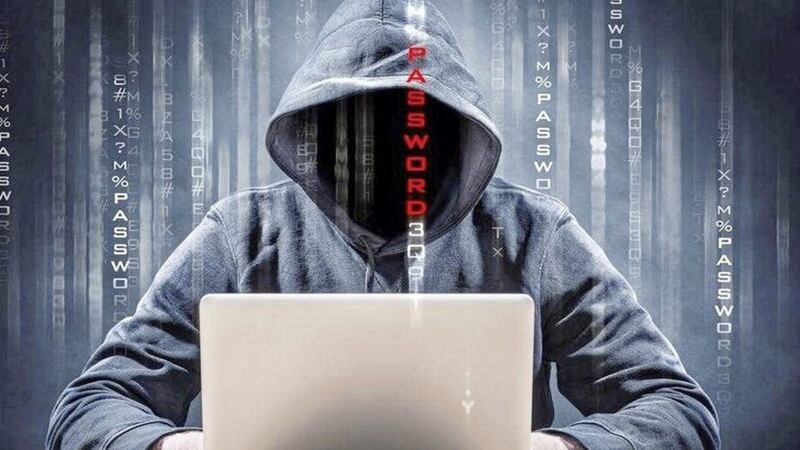It would be a great shock to everyone if there was any trouble during voting today. Despite this being a fraught and important election for Northern Ireland, with the prospect of an unusually high turnout, nothing worse is expected at the polling stations than outbreaks of frosty politeness. No deterioration in behaviour has been noted in recent years.
Yet politicians and journalists are increasingly convinced that our political conversation, as a society, is becoming coarser and angrier to a dangerous extent.
For this they almost exclusively blame the internet. Prime Minister Theresa May responded to Saturday’s terrorist attack in London by pledging to tackle “extremism online” - a promise already contained in the Conservative manifesto.
Sinn Féin’s northern leader Michelle O’Neill concurred with May during UTV’s election debate on Monday night.
Journalists around the world are nodding along to an article in the latest edition of prestigious US magazine The Week, entitled ‘Twitter is destroying America’.
“Twitter intensifies and amplifies pathological social tendencies among those who act within, report on, and write about the political world,” the author claims.
A unionist representative of my acquaintance made a similar point about the public.
“We always knew, from canvassing, that there was a loony on every street,” he told me recently. “The problem is that now they all know each other.”
But how much of a problem is it?
As one of Northern Ireland’s original internet pests, I am required to take this complaining with a pinch of salt. I could easily end up writing something like ‘the coarsening of debate was more refined in my day’.
What has unquestionably changed since I wrote a small satirical website 15 years ago is the scale and participation of political activity online, plus the move away from content people had to look up by choice to social media technologies that group users together into echo chambers, whether they realise it or not.
The reason the loonies in every street know each other is because an algorithm has spotted their similarities and made automatic introductions. Then it has introduced them to their political representatives, who increasingly use the internet for voter engagement, plus the media, which now uses Twitter as a news wire and Facebook as a phone directory. Everyone in this echo chamber who is not a loony ends up thinking the world is going mad.
Step out into the real world, however, and these fears do not stack up.
Election canvassing is a useful reintroduction to all the normal people on every street. Perhaps politicians in Northern Ireland keep tweeting “great reception on the doorsteps”, despite journalists mocking this terrible cliché, because the abuse they get online leaves them surprised and delighted when people are polite face to face.
Election vox pops perform a similar service for journalists. I always dread having to do them, then end up over the moon by how nice everyone is. If anything, people seem to be getting less touchy about discussing politics with strangers.
The internet could be driving that too, drawing more people into political debate, which might be horrible online yet perfectly civil in person - even from the same people. We are all fumbling our way towards a new etiquette for this completely new form of communication.
Politicians and journalists can also fail to appreciate how many people treat political arguments online as light entertainment, a spectator sport and a bit of a human zoo. The cultural reference point for this kind of participation is not so much the invention of the internet as the arrival of reality TV.
Concerns expressed around the world about online political extremism are noticeably not voiced by the authorities here.
A Facebook argument was linked to the loyalist murder two weeks ago in Bangor. However, such stories are mercifully rare.
There is a well-known Friday night phenomenon in Northern Ireland of prominent loyalists and republicans commencing online arguments after a few drinks. Journalists watch, laugh and take notes. No doubt the police and intelligence services are doing the same, and making good use of the information.
Could this online squabbling actually be making us safer? At the very least, it seems to be keeping people off the streets rather than bringing mobs onto them. The PSNI occasionally reports that sectarian clashes are being arranged online - but the only thing this has added to our centuries-old rioting tradition is a high-tech early warning system for police and community workers. Is it possible that is making us safer as well?
newton@irishnews.com









